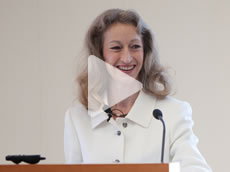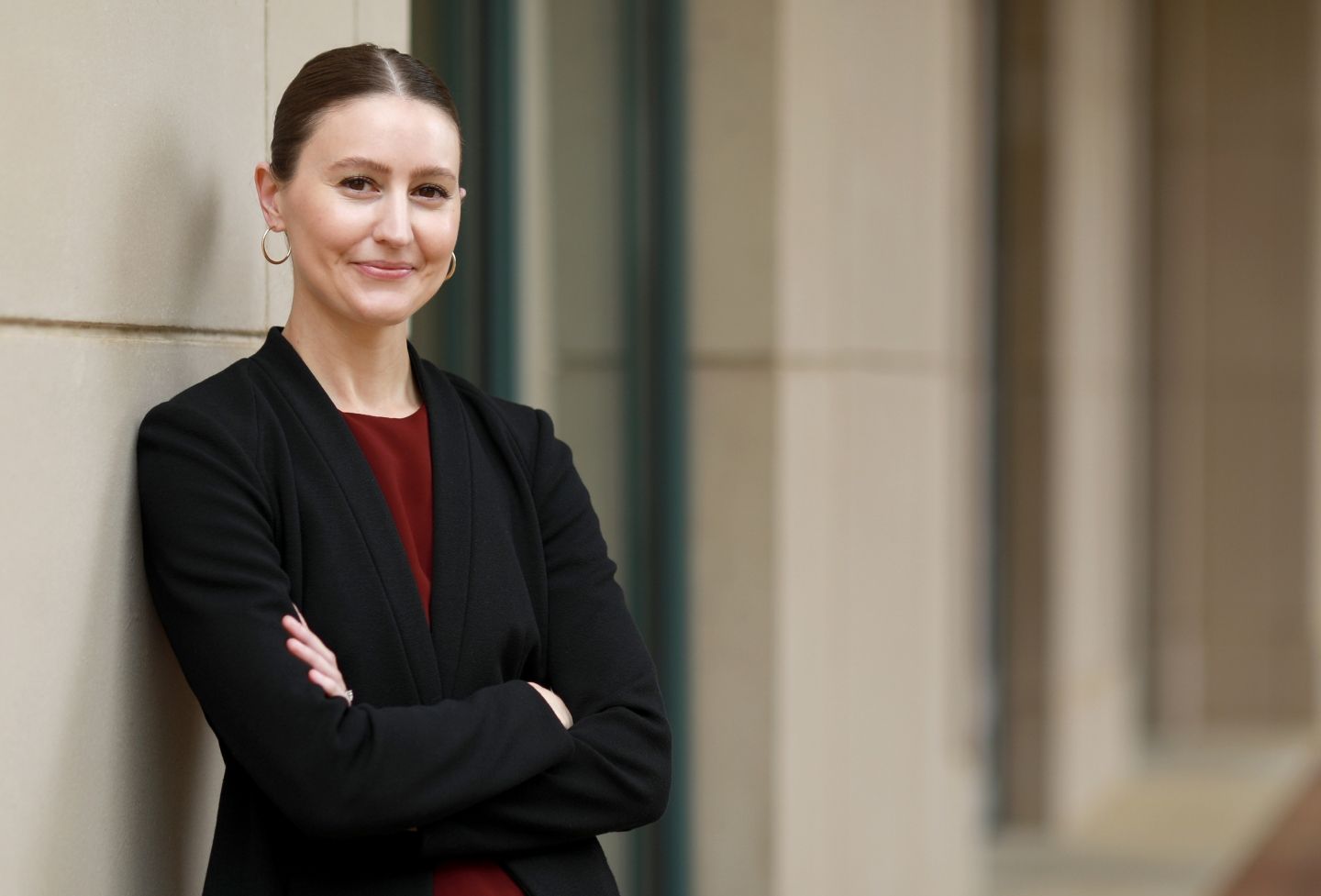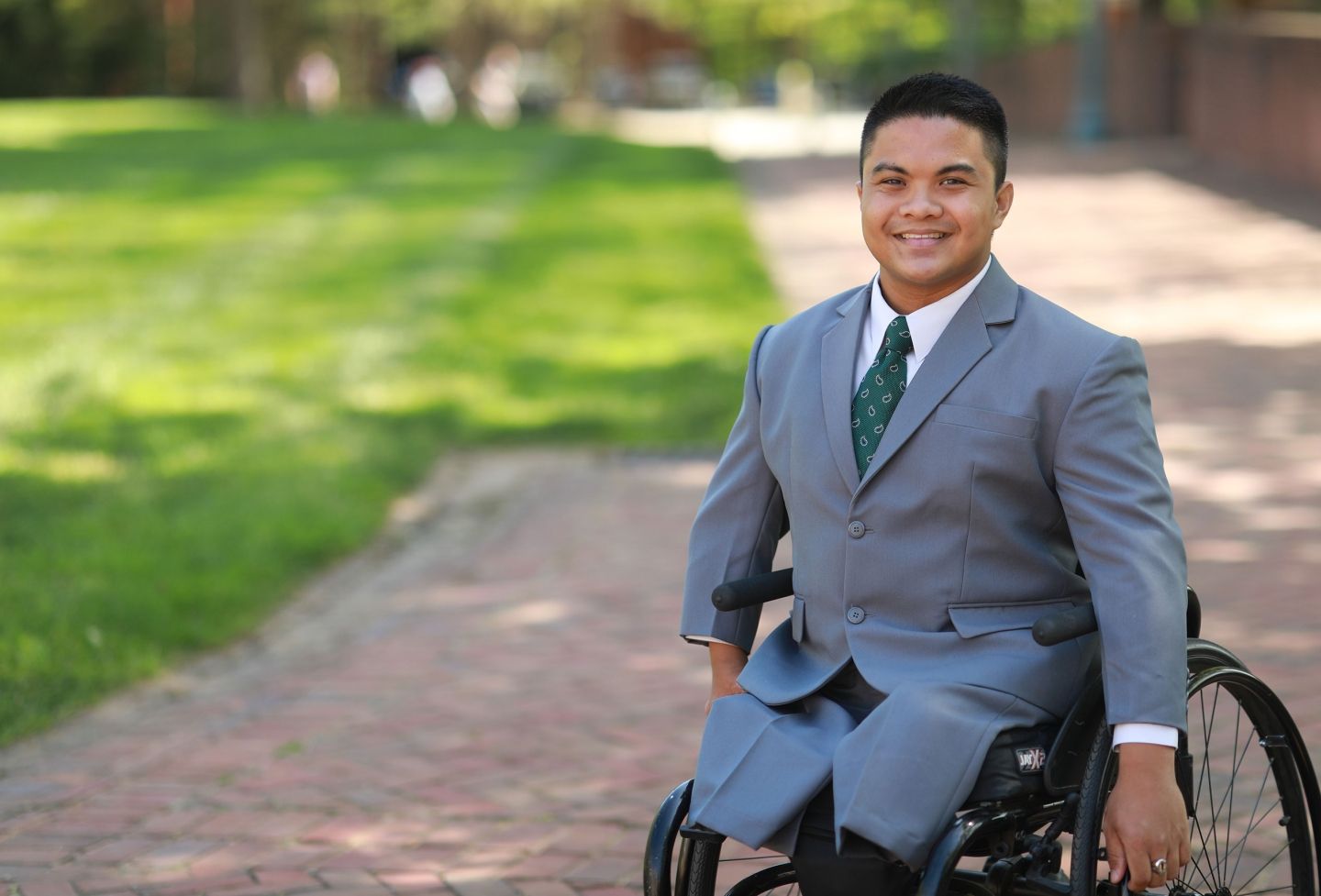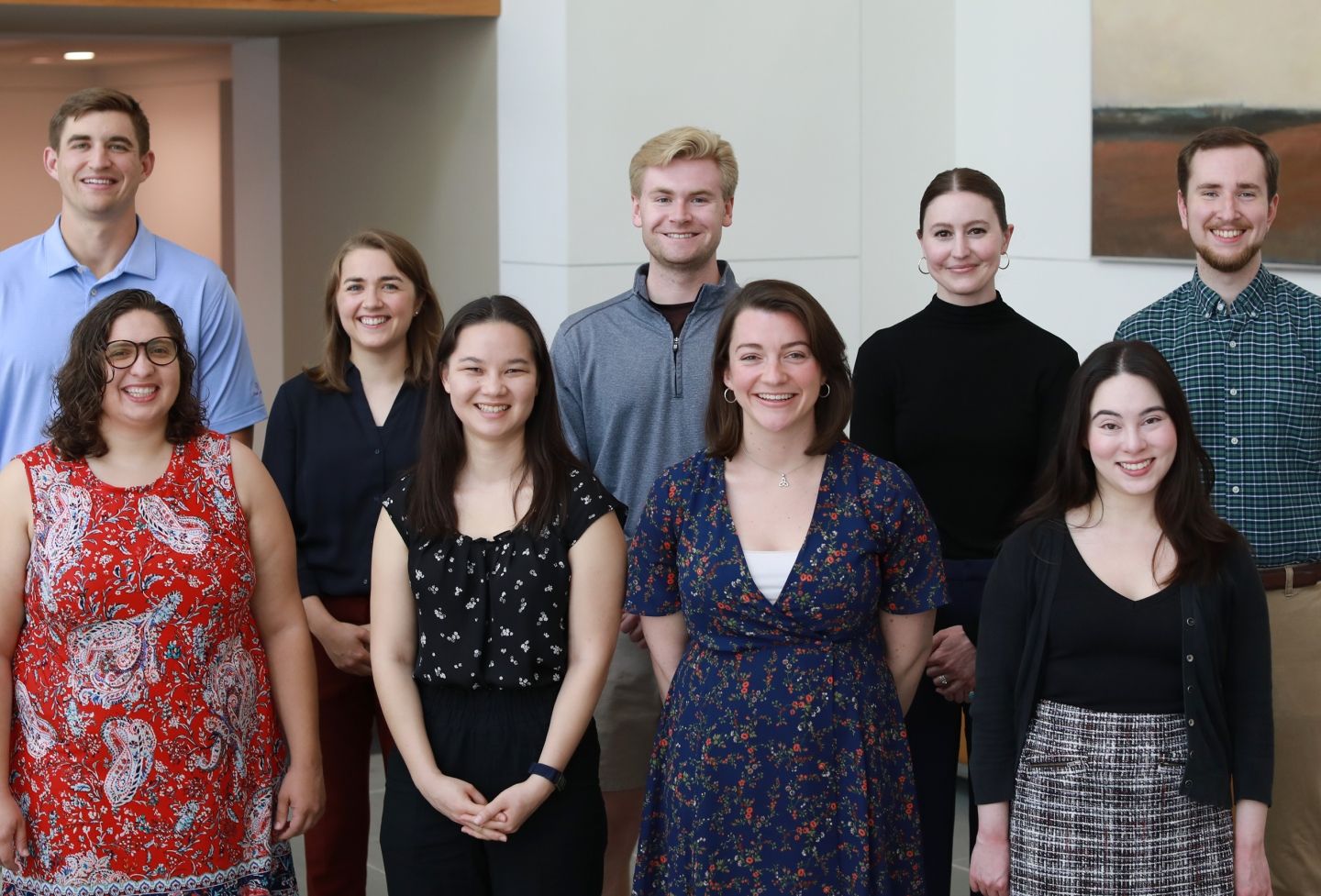Intersection of Technology, Democracy Influenced Bowen’s Path to California Secretary of State
California Secretary of State Debra Bowen traced her path from private to public service and discussed how her career has been shaped by technology’s effect on democracy during her keynote address at the Conference on Public Service and the Law on Saturday.
 Bowen, a 1979 graduate of the Law School, received a Profile in Courage award in 2008 for her role in reviewing California’s voting systems, when she decertified voting machines in 39 counties and implemented a slew of new security measures. She said her law degree has been critical to her success.
Bowen, a 1979 graduate of the Law School, received a Profile in Courage award in 2008 for her role in reviewing California’s voting systems, when she decertified voting machines in 39 counties and implemented a slew of new security measures. She said her law degree has been critical to her success.
“I think throughout my career as a legislator and as secretary of state that things just wouldn’t have worked without the law degree — having that background, already understanding principles like minimum contacts, knowing how the First Amendment might affect speech issues when it came to new technology — all of those kinds of things were I think imperative to my ability to deal with emerging issues.”
Bowen, who has served as a public official for almost 20 years, did not take any courses related to public service during law school.
She spent her early years as a lawyer practicing corporate, tax and ERISA law at Winston & Strawn in Chicago and in Washington, D.C., and at the Los Angeles office of Wall Street firm Hughes, Hubbard & Reed.
“I did observe that you almost never had emergencies if you were doing pension law,” she said. “I concluded that you could actually make a very good living doing pension law, but what you traded it for was being pretty bored most of the time.”
While working in California, her practice group was eliminated after a key partner left the firm and work in the field dried up. Bowen ended up practicing law solo and found she liked it.
“I had complete control over what I worked on,” she said. “It speaks very strongly to the power of just following what your interests are and doing something that interests you. I think that roads into a career path come up that you just wouldn’t see if you had it all mapped out.”
Soon after, she started working for Heal the Bay, a nonprofit organization that raised awareness about the effects of stormwater pollution.
Her involvement in public service grew and she ran for the state assembly as a Democrat and won in 1992.
“I may have been the only lawyer ever elected to the legislature who got a pay increase when taking office,” she said.
Bowen said she was determined to understand and live by the Jeffersonian principles of transparency and open government. Soon after being elected, she authored the first law that put legislative information online, giving the public online access to information about California bills, committee analyses, state legislators' voting records and more.
“That bill was a really difficult thing to get passed. It never had a ‘no’ vote, but there were lots of attempts to bury it,” she said. “I got to see how you work the legislative procedure and how important it was to know the rules.”
The state senate wanted to include a provision to be able to charge users for seeing the information online, likely to protect two companies that already had been providing related services. Bowen said it was the first time she had to deal with a serious conflict between her ultimate goal and what compromises she might have to make to fulfill it.
“I remember going home and imagining Thomas Jefferson hawking the Constitution on the Home Shopping Channel, and I thought, there’s no place in the world that has this information online right now, so what I do here is going to be very important because it’s likely to be copied,” she said. “I decided that I would rather lose the bill than have that provision stay in.”
Bowen prevailed, and the law was signed by then-Gov. Pete Wilson, despite lobbying by the two affected vendors.
After becoming a state senator in 1998, Bowen took on the issue of whether energy companies were manipulating the energy market in California, at a time when the state was experiencing rolling blackouts. At one point the state began contempt proceedings against Enron, which had stalled on handing over documents relating to the inquiry.
“We were pretty sure there was market manipulation going on, but you have to be able to prove it,” she said. Enron escaped a contempt charge on the senate floor by one day. Ultimately that committee discovered a recording of Enron employees discussing how to profit from selling energy out of the state and back into California.
“There was no single regulator that could see the entirety of what was happening,” she said.
Bowen was only the sixth woman in California history elected to a statewide constitutional office when she became secretary of state in 2006.
In 2007 she conducted a thorough review of the state’s new voting systems, which the state had purchased in 2006.
“Democracy doesn’t work if people can’t trust the system that they use to cast ballots,” Bowen said.
But examining how the new systems worked was complex.
“That meant taking all of those principles of transparency and accountability and applying them, but being very constrained because that is all privately owned software,” she said. “The only person in the entire state of California who had a legal right to look at the software and the voting systems was the secretary of state and anybody who was hired or designated by the secretary of state who had to sign a confidentiality agreement.”
Working with computer scientists from the University of California, Bowen also invited hackers to test the system. She produced a report on the system’s weaknesses and how to make the process more secure. For example, some of the machines were keyed to be opened by any standard file cabinet or hotel mini-bar key. Sometimes voting equipment was stored in citizens’ homes for weeks leading up to elections.
In writing the report and recommendations, Bowen and her team were careful to ensure the new measures were legally “bulletproof.”
“There was a substantial likelihood that we would be sued,” she said. “It was a place where the legal skills were critical.”
Bowen said that voting processes are so varied across the United States that soldiers working overseas are handed a 500-page manual explaining how to vote.
Even in California, Bowen said she is always looking for ways to further improve the system. She suggested that eventually a move toward open-source software for setting up ballot designs and tabulating results could be a step in the right direction.
“I do take the Jeffersonian principles very solemnly, and particularly the Jeffersonian idea that if you don’t believe that people have adequate knowledge to make decisions then the remedy is not to take the decision-making away from them, but to inform their discretion.”
Founded in 1819, the University of Virginia School of Law is the second-oldest continuously operating law school in the nation. Consistently ranked among the top law schools, Virginia is a world-renowned training ground for distinguished lawyers and public servants, instilling in them a commitment to leadership, integrity and community service.


